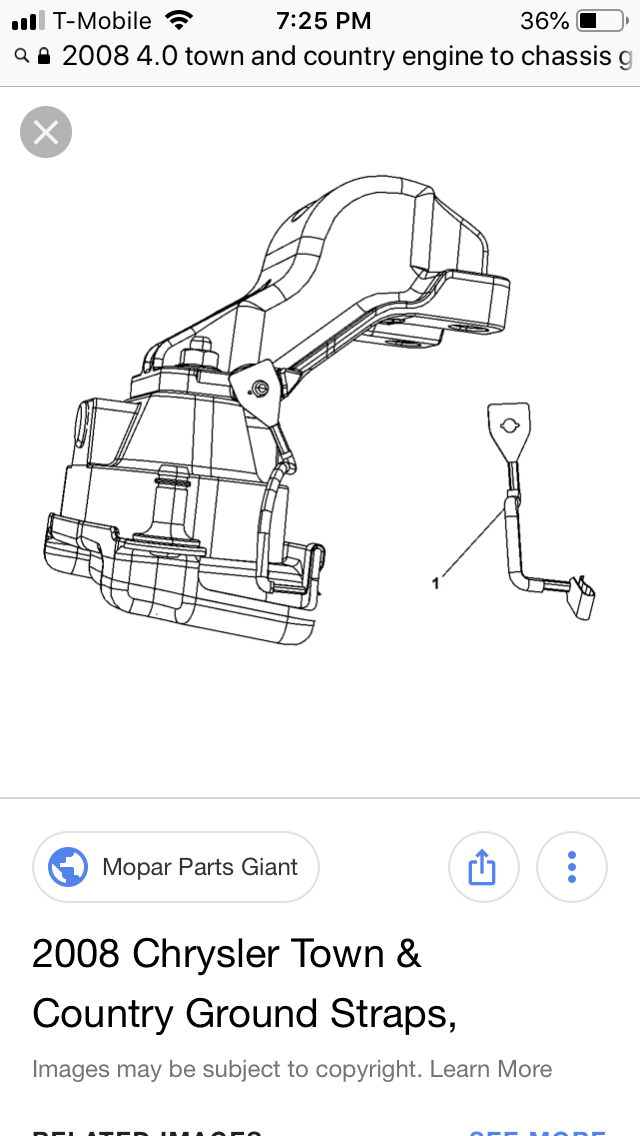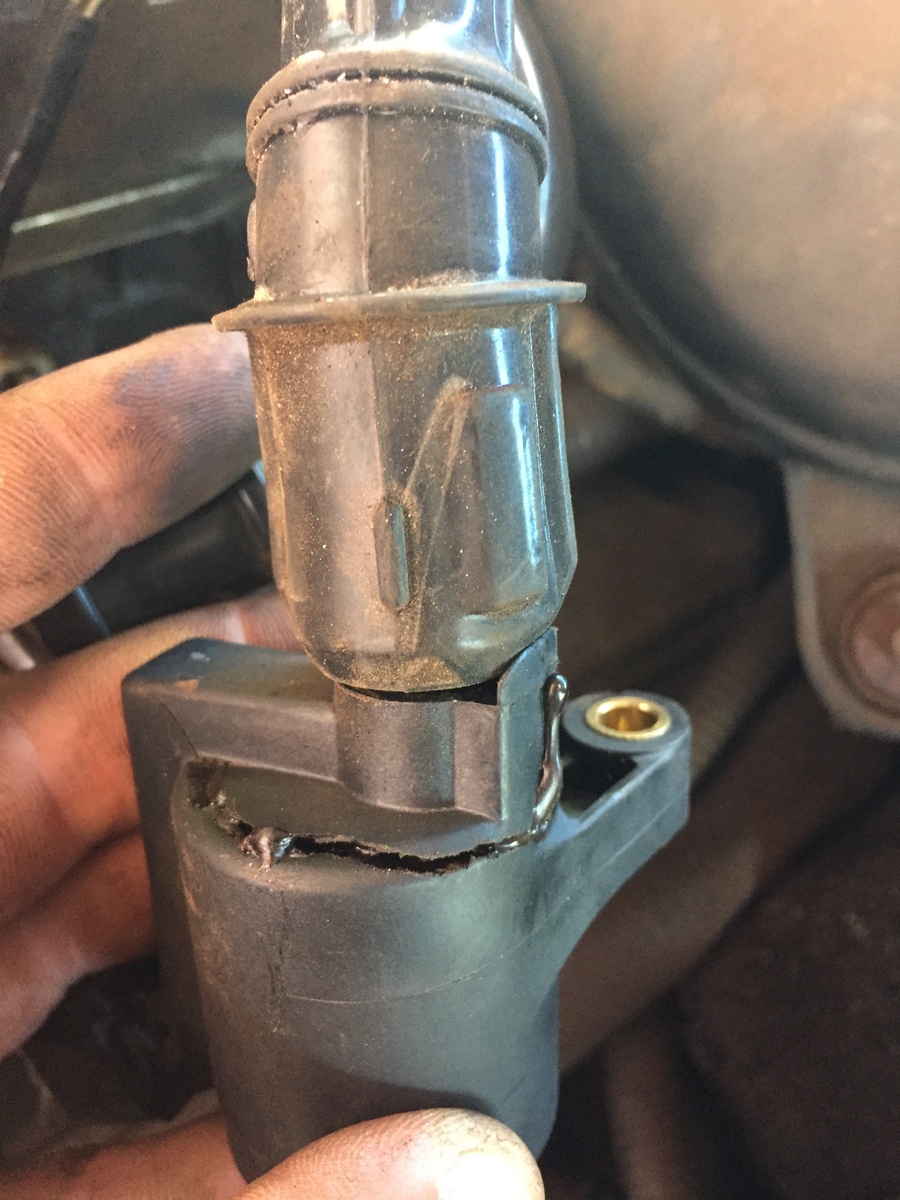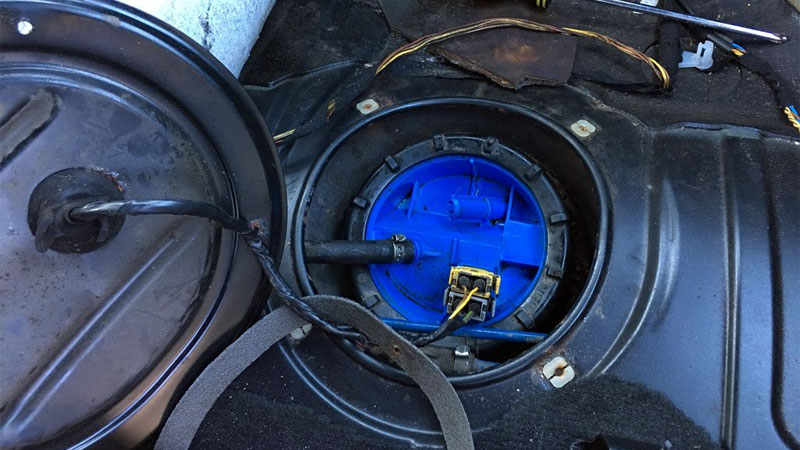One of the most common issues your Nissan Altima is likely to develop is a stalling problem. The most challenging part of diagnosing a stalling problem is reproducing the conditions that led to the stall in the first place. Stalls can happen at any time, and it can be incredibly jarring when it does happen.
The pump has to struggle against the vacuum, and this can make maintaining fuel pressure difficult, starving the engine. It can also cause premature pump failure. The reason removing the gas cap worked is because it temporarily relieved the vacuum. Once some gas was pumped out and the vacuum developed again, the problem began again. If the fuel cap vent is clogged, air won’t be able to enter the tank and a vacuum or “vapor lock” will occur. This stops the flow of fuel to the carburetor causing the engine to stall. To determine if the fuel cap vent is clogged, try slightly loosening the cap and then starting the engine. Bad gasoline in your tank can cause problems in a car engine, like knocking and pinging, engine misfire, rough idling and stalling, according to AA1Car.com. The problems will typically involve how the car drives and its emissions.
Before troubleshooting any automotive issue, including stalling issues with the Altima, make sure that you check the vehicles trouble codes with an OBD2 scanner. Trouble codes are always a great place to start diagnosing problems on today’s modern computer controlled vehicles. Without them, you are in the dark.
Can A Bad Gas Cap Cause A Car To Stall
These codes are vital to diagnosis. They are often specific enough to get you all the way to the problem, or pretty darn near. If you don’t own/want to buy a scanner, most local parts stores will run a scan for you at no cost (they want to sell you the parts).
Nissan Altima Stalling Problem Causes
Here are some of the issues that cause the Altima to stall out. Remember, a vehicle needs air, fuel, and spark to run. It needs them in the right quantities and intervals, or it won’t run right.
Fuel
Fuel issues are one of the most common reasons that a vehicle would stall out, that includes your Nissan Altima.
- Bad gas- can cause an engine to stall out. Water in the gas tank can also cause gas to not fire properly. If there were no other symptoms and suddenly you find that the vehicle is running very rough, bad gas could certainly be the problem. Here’s a good article on all the symptoms of bad gas.
- Air Fuel Mixture– If the air/fuel mixture is off, your Altima can stall out. Usually it’ll be a bad sensor reading, vacuum leak, or other problem that’ll cause the air/fuel mixture to be wrong.
- Bad Fuel Injectors– If the fuel injection system is allowing too much or too little fuel into the combustion chamber, than your Altima will stall out. Or, it just may not be able to properly atomize the fuel anymore. Here’s more on Nissan Altima bad fuel injector diagnosis.
- Not Enough Fuel– The fuel pump may not be able to provide the fuel pressure needed for the engine to run properly. When it asks for a lot of fuel, instead of taking off, it stalls out with the demand. This can be caused by the fuel pump or fuel filter.

Engine Timing
If your Nissan Altima’s engine timing is off, it’s going to stall out, misfire, and altogether not run properly. Here are some of the more common causes of an engine timing problem:
- VVT Problem– Many modern engines are equipped with Variable Valve Timing. This allows for the engine to be in the “sweet spot” of power or economy depending on how hard you are pushing the gas pedal. If there is a VVT issue, it’ll often throw trouble P0010, P0011, or other related trouble codes. This is often the cause of the stalling.
- Timing Chain Jumped– If your timing has jumped a tooth or two, it’ll definitely stall out. Just know, that if it jumped a tooth, it’s only a matter of time before it jumps more or breaks all of the way. If that happens you are going to go from misfire to un-drivable. Here’s more on timing chain jumped symptoms.
Sensor Issues
Your Nissan Altima uses a series of complex sensors to report what is going on to the ECU. The ECU then uses this information to adjust the timing, air fuel mixture, and more. When one of them goes wrong, it can lead to stalling for sure.
- Throttle Position Sensor– The throttle position sensor is typically located on the gas pedal. This sensor is responsible for telling the engine how much air and fuel to allow in. It is very rare these days to be actually directly controlling the amount of fuel and air entering the engine directly. These days the computer handles all of that. This serves two purposes. The first is that by limiting the amount of torque when you push the gas pedal for a second or two, engine life is increased by reducing the stress on it during takeoff. The second is improved fuel economy. Here’s a great article on diagnosing a bad throttle position sensor from cars direct.
- MAF/MAP Sensors– These sensors are responsible for air measurement. When they go bad, your Altima may not be letting in the right amount of air for a quality air/fuel mixture. Here’s more on diagnosing a bad mass airflow sensor.
- Oxygen Sensor– The oxygen sensors measure the exhaust gasses after they exit the combustion chamber. The ECU uses this data to make adjustments to the air/fuel mixture. If one of them has gone bad, then it could lead to stalling.
There are many other sensors that can cause your Altima to stall. These were just some of the most common ones.
Dirty Throttle Body
A dirty throttle body can lead to stalling in your Altima. If you let off of the gas coming to a stoplight and it stalls for a second or two and recovers itself, it very well could be a dirty throttle body that is causing the problem. Here’s a great YouTube video from EricTheCarGuy. on how to clean a throttle body.
A dirty throttle body may not trigger the check engine light. So, if your stalling happens when coming to a stop, and the check engine light is on, it may be worth taking a look at it.
Torque Converter
All modern torque converters “lock”. What this locking does is provide a true mechanical connection from the engine to the wheels. This eliminates some driveline power loss and improves fuel mileage. If the converter doesn’t unlock, then the engine will stall much like a manual vehicle does when it doesn’t have enough speed to carry a gear. It’ll often throw code P0740.
Oil Consumption
If there is almost no oil left at all, the engine could be on its way to locking up. It’s worth a look, especially if you can’t remember the last time that you checked.

Conclusion: Nissan Altima Stalling Diagnosis
As you can see above, there are many different reasons that your Altima could be stalling. Please, please have your trouble codes read if there is a check engine light on at all. It can really help narrow down what you need to do. If there is anything that you would like to add, please drop a comment. Good luck!
Diesel tractors are usually much more reliable than gasoline tractors. They are known for their durability and the fact that you can store them for long periods of time without affecting their start-up mechanisms. That’s why it’s so frustrating when your diesel tractor keeps stalling.
Diesel engines need three things to run; fuel, air, and compression. If your engine is not getting one of these three things in proper amounts, it can sputter and stall.
The 7 common causes of a diesel tractor stalling include:
- A fuel delivery issue
- Clogged or dirty filters
- Fuel contamination
- Blocked or damaged hoses
- Incorrect parts
- Broken fuel cap
- Fuel shut off solenoid malfunction
Let’s break down each of these points of failure and see if we can identify what’s causing the issue and get you back to work.
Make Sure The Fuel Cap Vent Is Not Clogged
The most common cause of a diesel tractor stalling is a clogged or damaged fuel cap vent.
Diesel fuel caps have vents to prevent a vacuum effect. If the vent is clogged, the engine won’t be able to properly pressurize, and the engine will be stifled and die (source).
To check if this is the cause of your problem, it’s often recommended that you remove the fuel cap, start the engine, then run it for an hour or so.
If the tractor runs without issue, then the problem is the fuel cap. Either try cleaning the cap, then putting it back, or order a new one.
But I don’t like that troubleshooting approach because you can introduce impurities into the tank if it isn’t capped. I generally recommend removing the cap and giving the vent a good cleaning then seeing if that solves the issue.
Determine if You Have a Fuel Delivery Issue
Another common reason for diesel tractors to stall is a fuel delivery issue. Assuming you have enough diesel fuel in the tank, check the engine hoses for blockages.

Then, check your fuel filter. Often, the fuel filter can get clogged on the intake side of the filter. One way to check this is to remove the fuel filter (bypassing it) and see if the tractor runs. If so, the filter will need to be replaced.
Examine Your Filters
Air, pressure, and fuel are the crucial components of a diesel engine. Filters affect all three of these mechanisms.
If the fuel filter is clogged, the fuel will not flow through it and cause the engine to lose power.
If the air filters are clogged, like in the fuel cap, the engine will not be able to pressurize, and again the tractor will stall.
There are other air filters in the engine, and surprisingly often these are installed backward. This causes the filter to block air intake instead of clearing it.
Fuel Contamination
Another potential cause of a diesel tractor stalling is that your fuel has been contaminated (source).
Some of the most common types of contamination of diesel fuel are:

- Water. Water is very damaging to your diesel engine. If your diesel gets contaminated with water, it can cause the iron and steel components to rust. This rust can in turn clog your fuel filter.
- Inorganic debris. Particles of sand, dust, and rust may contaminate your diesel fuel. These can clog the filters in your engine, and prevent it from running properly.
- Organic debris. Even the smallest amount of water introduces to your diesel fuel will, over time, give life to microbial bacteria. Bacteria, molds, and fungi can grow in your stored diesel fuel.
Look for Blocked or Damaged Hoses
The hoses on your tractor are vital for the transferring of fuel from the fuel tank to the engine. To check these hoses, remove the fuel lines from the tractor engine, and hold them up to the light. You should be able to see any large obstructions.
There are two main lines to check:
- The line between the tank and the fuel filter.
- The line between the fuel filter to the injector pump.
If you’re sure that the hoses are clear, and punctured or cracked, you may still have an issue with your fuel lines.
The fuel is delivered to the engine under high pressure, if there is any amount of air in these lines, the engine won’t run. To fix this, the fuel lines must be bled to remove any air pockets from the tubes.
This YouTube video offers some practice, best practices for preventing fuel issues in a tractor:
Ensure Your Tractor Has All of the Correct Parts
It is a surprisingly common issue; your tractor won’t start because somewhere in the machine, the wrong part is in place. For instance, your fuel cap may actually be a gas cap and doesn’t have the proper vents to pressurize the engine. You may have the wrong sized filters or hoses for your engine.
Perhaps one of the parts is installed incorrectly, like the air filter being installed backwards. Or perhaps your mechanic over tightened a screw while installing a part, and stripped the thread, causing the piece to loosen over time.
Examine the parts of the tractor that you know, and ensure that they are the correct ones and properly installed.
Electric Fuel Shut Off Solenoid Malfunction
Another potential issue that you are facing with your diesel tractor is a failed part, such as the fuel shut off solenoid. This part is required to open and close to direct the flow of fuel to the engine.
The solenoid may malfunction and become stuck in the closed position. This won’t allow fuel to get to the engine, causing stalling. To fix this, you will have to replace the solenoid altogether.
While the solenoid is one potential part that can malfunction, it’s true that your issue with your diesel engine could be a broken mechanical part. You may have encountered a blown gasket, cracked seals, or seized engine parts.
These are often best dealt with by a professional.
eManualOnline provides descriptive, affordable and convenient service and repair manuals for cars, trucks, tractors, motorcycles, and more. Download one today. (link to eManual Online).
When to Call a Professional
Speaking of professionals, it’s important to know when to call one. The best rule of thumb is “when in doubt, send it out”. If you are at all unsure about your skills as an at-home mechanic or are worried you will damage the machine further, sending your diesel tractor to a professional mechanic shop is the best choice to fix it.
Summary
In summary, if your diesel tractor keeps stalling, there are a few main issues that could be causing it.
Can A Bad Gas Cap Cause My Car To Stall

The most common of these is that your fuel tank cap is clogged or damaged. To test this is simple: try running the engine for a while with the cap off. If the engine works without stalling, simply replace the cap and move on!